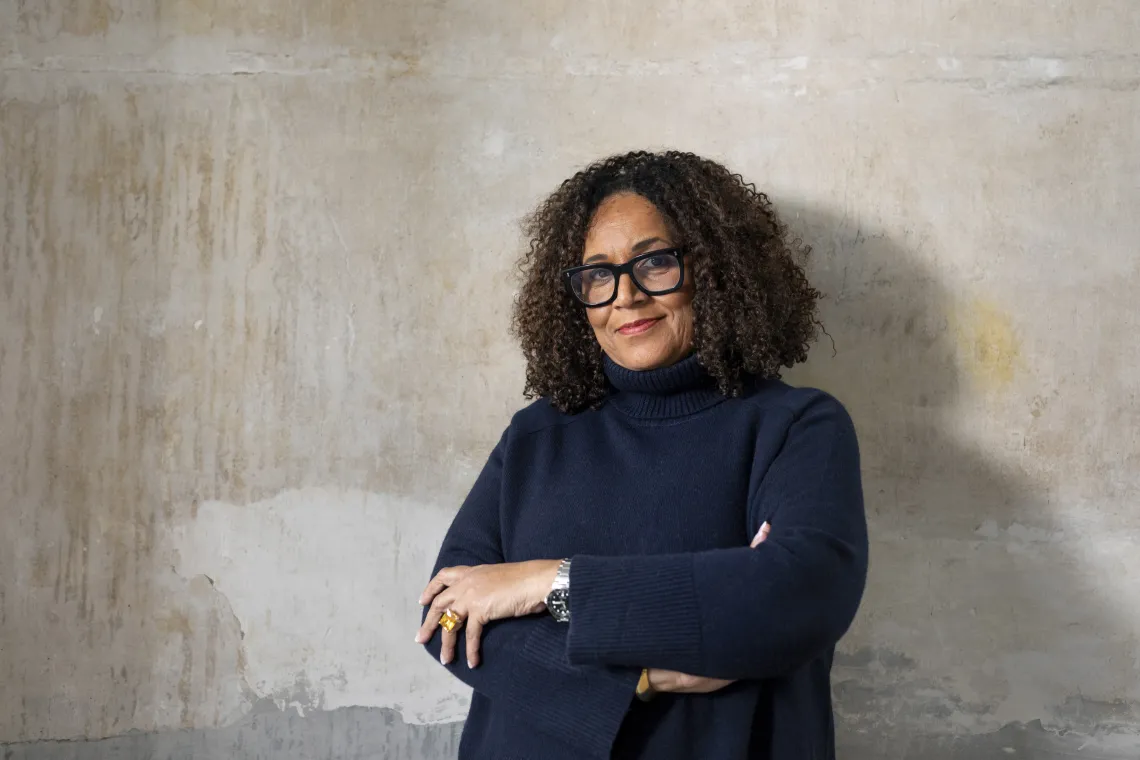Watch | Inaugural CAPLA Lecture Series featuring Lesley Lokko

To Inspire Optimism and Wonder in Our Changing World
The College of Architecture, Planning and Landscape Architecture (CAPLA) is proud to announce the launch of the CAPLA Lecture Series, featuring renowned architect, academic, and writer, Professor Lesley Lokko, OBE, RIBA as the inaugural speaker.
EMERGENT WORLDS
The term ‘emergent’ generally refers to ideas, concepts, and even geographies that have been neglected, ignored, marginalized, denied, opposed, repressed, or not even recognized by dominant cultures, which nevertheless selectively incorporate aspects of these so called ‘emergent’ subcultures to maintain their power and hegemony. To describe Africa as ‘emergent’ is a misnomer. It is simultaneously the world’s oldest and youngest continent, yet it is equally true to say that its rich and complex material and spatial histories are absent from contemporary built environment discourse. In this lecture, Prof Lesley Lokko OBE draws on her recent experience of curating the 18th International Architecture Exhibition at La Biennale di Venezia, entitled The Laboratory of the Future, to explore ideas around time, space, development, emergent and things that are — and were always — already here/there.’
The lecture was followed by an extensive Q&A, hoping to engage the audience in ways that are critically and contextually relevant to both the University of Arizona and the special landscape it calls ‘home’, the longest continuously inhabited region of North America.
Panelists
- Beth Weinstein, Moderator, CAPLA
- Lesley Lokko, African Futures Institute
- Jack DeBartolo 3 | DeBartolo Architects
- Praise Zenenga | College of Humanities African Studies
- Kevin Anchukaitis | School of Geography, Development and Environment
Watch the Lecture
About Lesley Lokko
Professor Lesley Lokko OBE is the Founder and Chair of the African Futures Institute (AFI) headquartered in Accra, Ghana and Director of the Nomadic African Studio; an annual winter/summer school located in different cities around the African continent. She holds a BSc (Arch), MArch and PhD in Architecture from the Bartlett School of Architecture, University College London.
She was the Founder and Director of the Graduate School of Architecture, University of Johannesburg (2014—2019). She is the Editor of White Papers, Black Marks: Race, Culture, Architecture (University of Minnesota Press, 2000) and the Editor-in-Chief of FOLIO: Journal of Contemporary African Architecture.
She is currently a Visiting Professor at the Bartlett School of Architecture and at University College Dublin. She was appointed Curator of the 18th International Architecture Biennale at La Biennale di Venezia in 2023. In January 2023, she was awarded an OBE ‘for services to architecture and education’ in King Charles’ New Year’s Honours List. In January 2024, she was awarded the UK’s highest architecture award, the RIBA Royal Gold Medal.
In April 2024, she was named one of the world’s 100 most influential people in the annual TIME100 list.



